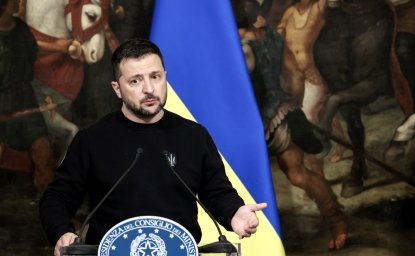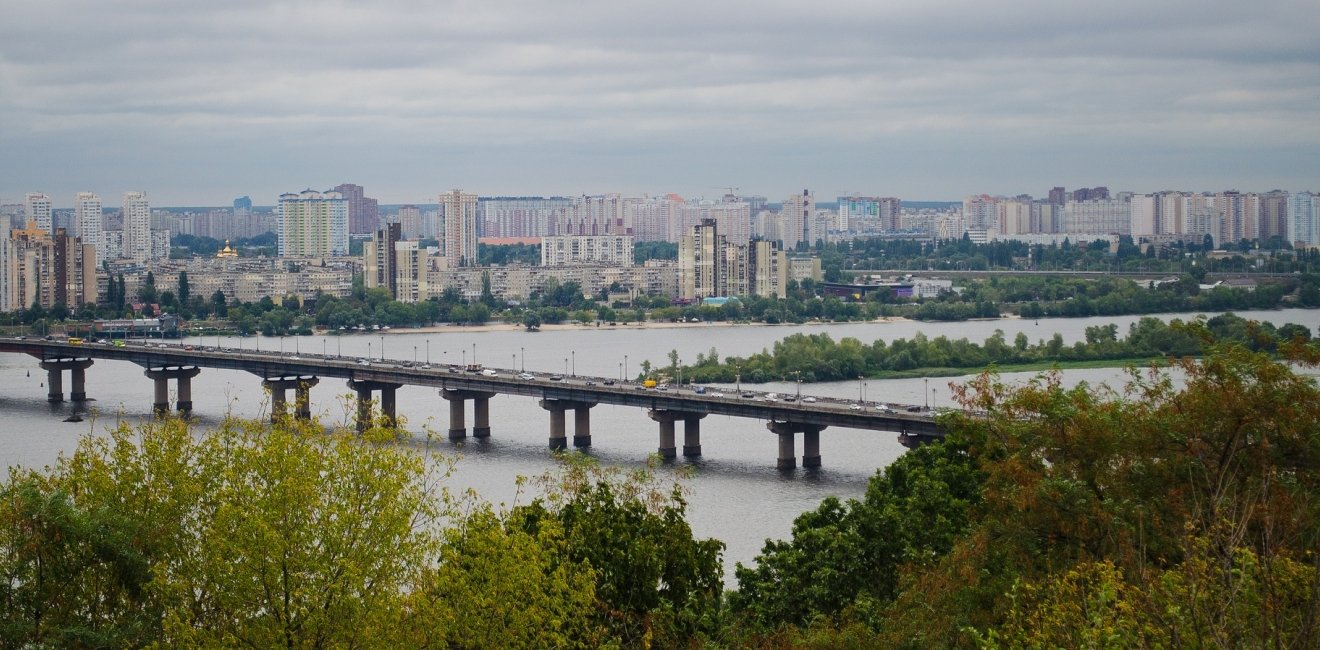
A blog of the Kennan Institute
The use of a single language in Ukraine’s public sphere has long been regarded as a panacea for most of the country’s ills and a means of forging national cohesion. From the perspective of strengthening national identity, Ukrainian-Russian bilingualism looks like an impediment to internal integration. Yet almost 40 percent of survey respondents report using Russian as their main language for everyday communication, mostly out of convenience. [1] Reconciling that quotidian and largely apolitical practice with the deeply political, aspirational concept requires adopting a nuanced approach to multilingualism. But a nuanced discussion of multilingualism is unlikely to appear any time soon on Ukraine’s language agenda.
As the notorious Kivalov-Kolesnichenko law “On the Principles of the State Language Policy” was rendered invalid with the February 28, 2018, decision of the Constitutional Court of Ukraine, the most recent draft legislation on language warrants a closer look. The new bill reverses some of the more egregious provisions of the older language law. The Kivalov-Kolesnichenko law, signed in 2012 by then president Viktor Yanukovych, was widely seen (and condemned) by the general public as a way of allowing Russian to function on par with Ukrainian. It appeared to be undertaken as a cynical move aimed at dividing Ukrainians. The latest language bill, by contrast, has the support of scholars, public figures, and statesmen, as well as more than a hundred public organizations in Ukraine, who see it as a way to oppose anti-Ukrainian forces.
Bill 5670-D, “On Ensuring the Functioning of Ukrainian as the State Language,” concerns the state language only, and does not regulate the practice of other languages used in Ukraine. Nonetheless, it has a strong grounding in ideology: it is a clear example of the language-as-identity view, according to which languages are primary expressions of identity and culture since they embody a particular conception of the world. The classic version of this view, which originated in nineteenth-century Romanticism, engages diversity and shows respect for different identities and cultures. The latest language bill, however, departs in consequential ways from its antecedents. Without rejecting the rights and interests of national minorities, it valorizes Ukrainian identity and treats full competency in Ukrainian as a way to “reinforce state unity,” and provide for the country’s “territorial integrity and national security.” In this way it has staked out its own utilitarian goals from a bed of ideology.
The bill requires that each citizen know Ukrainian as the language of citizenship, and regulates its use in all domains of public life except religious ceremonies. Its major tasks are to uphold Ukrainian as a factor of consolidation and a means of strengthening people’s identity with the nation through encouraging the standardized and loanword-free usage of Ukrainian. There are also some questionable goals, such as the “adoption of Ukrainian as the language of interethnic communication,” which echoes Soviet propaganda methods and does not accord with European language policy. [2]
Other provisions in the bill mandate proficiency in Ukrainian as a condition for holding a variety of positions in government, civil service, the military, the diplomatic corps, the law, education, and medicine. “Proficiency” is to be defined by the National Committee for the State Language Standards and certified by the Ukrainian Language Center. These organizations, along with the Terminological Center for Ukrainian and the Commissioner for the State Language Defence, are all to be established by the pending legislation. A special language service consisting of twenty-seven inspectors is to be created to observe compliance with the standards and the use of Ukrainian as the state language. Repeated breaches of the various provisions may incur penalties.
In education, perhaps the major flashpoint of any Ukrainian language law, the bill permits universities to teach one or more subjects in the official languages of the European Union. [3] The language of school education is Ukrainian, though national minorities may also be instructed in their own languages along with the state language. However, this would be possible only at preschool and elementary school levels, since the current Law on Secondary Education, signed by President Poroshenko on September 25, 2017, states that beginning with lower secondary education, Ukrainian is to be the sole language of instruction in all of Ukraine’s public schools. The new draft law also stipulates that Ukrainian is to be the major language of the media, with only 10 percent of national daily broadcasting in other languages, to meet minority residents’ needs. The language of the service sector is the state language unless a client asks to switch to a different language.
The pending law aspires to national monolingualism in an idealistic way. It aims to strengthen Ukrainians’ gathering sense of themselves as belonging to one nation. Yet it ignores the casual, utilitarian use of Russian, alone or together with Ukrainian, in more than half the homes in Ukraine. And though the number of proponents of an official status for Russian has dwindled, in large part because of the threat Russia poses to Ukrainian national integrity and fear of the propagation of russky mir (Russian world), a total nationwide embrace of Ukrainian in the near term seems unlikely. [4] The expected passage of the bill will cast into sharp relief the bilingualism that is part of Ukraine’s reality today.
[1] Volodymyr Kulyk, “Language attitudes in independent Ukraine: Differentiation and evolution,” in The Battle for Ukrainian: A Comparative Perspective, ed. Michael S. Flier and Andrea Graziosi (Cambridge, Mass.: Harvard: Harvard University Press, 2017), 309–341.
[2] B. Azhniuk, “Movne zakonodavstvo i movne planuvannia v suchasnii Ukraїni” [Language legislation and language planning in contemporary Ukraine], Movoznavstvo 4 (2017): 34.
[3] Some of the twenty-four EU languages—though not Russian—overlap with Ukraine’s national minority languages.
[4] Kulyk, “Language attitudes in independent Ukraine.”
Author

Associate Professor, Kherson National Technical University

Kennan Institute
The Kennan Institute is the premier US center for advanced research on Eurasia and the oldest and largest regional program at the Woodrow Wilson International Center for Scholars. The Kennan Institute is committed to improving American understanding of Russia, Ukraine, Central Asia, the South Caucasus, and the surrounding region though research and exchange. Read more

Explore More in Focus Ukraine
Browse Focus Ukraine
Building a Thriving Ukrainian Design Community Now

Ukraine Seeks to End the War. What's Wrong With the “Peace Scenarios”?


